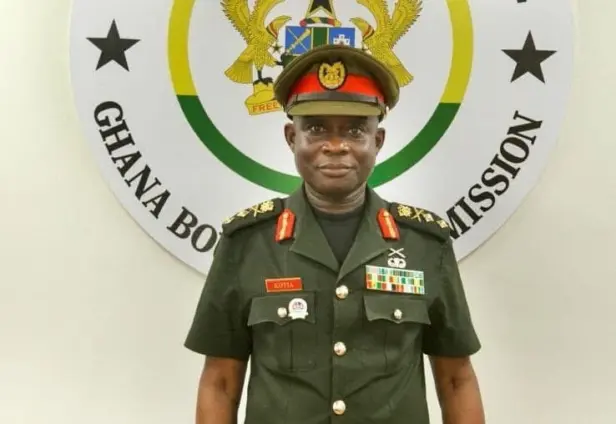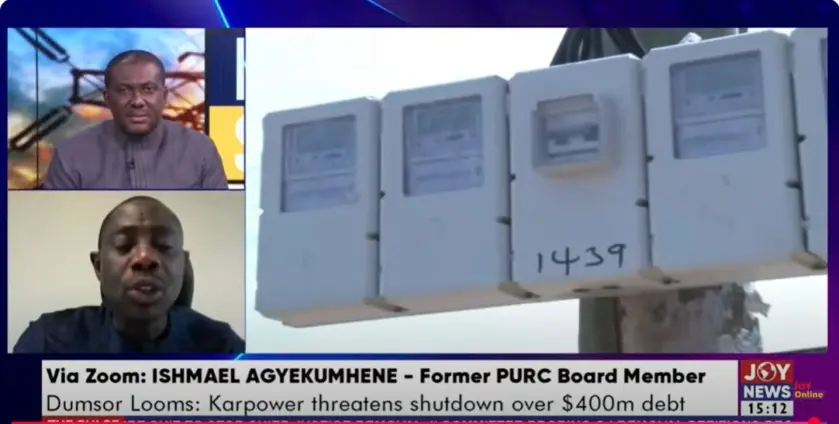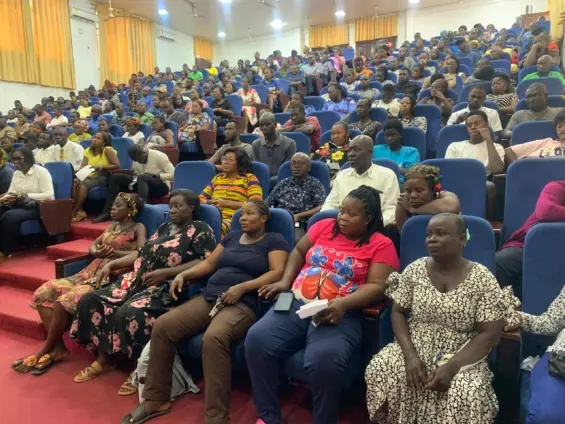In the intricate dance between national security and democratic governance, the role of civilian oversight of the armed forces stands as a critical safeguard. Imagine a country where military actions are determined solely within the barracks, detached from public scrutiny or legislative input. The potential for overreach and the erosion of civil liberties become palpable. In liberal democracies, this scenario is consciously averted through robust mechanisms ensuring accountability, transparency, and, ultimately, civilian control. This article delves into the crucial role of legislative oversight in maintaining this balance, exploring how legislatures worldwide navigate the complexities of governing those tasked with national defense, ensuring the Armed Forces operate under firm civilian control.
The principle is foundational: the Armed Forces, while essential for national security, must remain firmly under civilian control. This control, primarily executed through legislative bodies, guarantees that military actions align with the values and interests of the broader citizenry. Legislative oversight is not merely a procedural formality; it’s a cornerstone of democratic governance, acting as a crucial buffer against potential abuses of power.
Legislative oversight is a cornerstone of democratic governance and a critical mechanism for ensuring accountability, transparency, and civilian control over the military. Legislatures are constitutionally and legally mandated to scrutinize defense budgets, authorize military deployments, and monitor security sector policies. This oversight is not just about preventing military overreach, but about ensuring the military is an effective instrument of national policy, accountable to the citizenry and operating within constitutional boundaries.
Legislatures around the world employ various mechanisms to exert their authority. They enact laws that define the military’s structure, powers, and limitations. Through defense committees, legislators delve into the intricacies of military operations, scrutinizing budgets, questioning policies, and demanding justification for actions. These committees serve as vital conduits for information, bringing military matters into the realm of public discourse.
The process of military procurement offers another key point of legislative control. By overseeing the acquisition of military equipment, legislatures can influence strategic priorities, ensuring that resources are allocated wisely and that procurement processes are free from corruption. Similarly, the vetting and approval of high-ranking military commanders provide an opportunity to assess leadership qualities and strategic vision.
In times of crisis, legislative oversight takes on heightened importance. The authorization for declarations of a state of emergency, often vested in the legislature, ensures that the military’s expanded powers are subject to democratic checks and balances, preventing potential abuses of authority.
Looking at legislative oversight from a global perspective, stark contrasts emerge. In mature democracies of Western Europe and North America, institutionalized legislative committees and robust legal frameworks enable strong oversight. These systems benefit from a tradition of civilian control, a culture of transparency, and a well-informed public that demands accountability. However, in developing and transitional states, the landscape is often more challenging. Executive dominance, weak institutions, lack of technical expertise, and restricted access to information can severely constrain legislative oversight, potentially leading to unchecked military power.
Effective legislative oversight faces persistent hurdles. The executive branch, often wielding significant influence over the military, may resist legislative scrutiny, limiting access to information and undermining the legislature’s authority. A lack of technical expertise within the legislature can hinder its ability to effectively assess complex military matters. Furthermore, oversight processes can become politicized, with partisan agendas overshadowing the pursuit of accountability. Sensitive military information, legitimately requiring protection, can sometimes be withheld under the guise of national security, further impeding effective oversight.
Strengthening legislative oversight is essential for maintaining constitutional checks and balances, preventing abuse of military power, and reinforcing democratic norms in both established and emerging democracies. It is a continuous process requiring vigilance, expertise, and a commitment to transparency.
In conclusion, legislative oversight is an indispensable pillar of democratic civil-military relations. By enacting laws, scrutinizing budgets, and demanding accountability, legislatures play a critical role in ensuring civilian control over the armed forces. Addressing the challenges that impede effective oversight is paramount, ensuring that the armed forces remain accountable to the people they serve, thereby upholding the very principles of liberal democracy.
Image Source: MYJOYONLINE





















